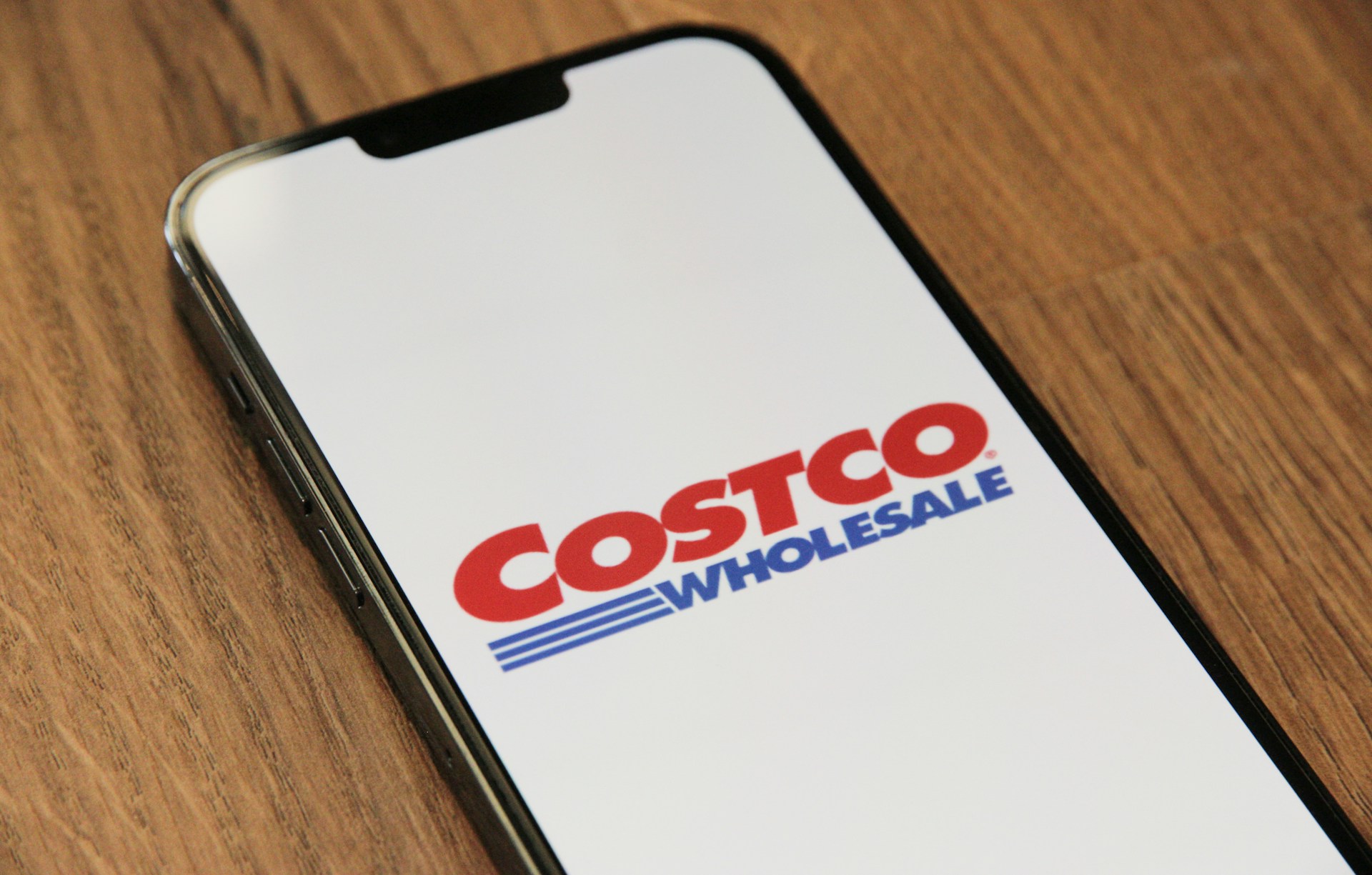
Shopping for groceries is part of life. Most people expect a store’s return policy to stay the same. But lately, some grocery chains have changed their return policies without warning. This can leave shoppers confused or even stuck with items they can’t return. If you buy groceries for your family, you need to know which stores have made these changes. Understanding these new rules can help you avoid surprises at the checkout or customer service desk. Here’s what you need to know about grocery chains that changed their return policy without notice.
1. Walmart
Walmart is known for its wide selection and low prices. But in recent years, Walmart has quietly changed its return policy for groceries. Some items, like perishable foods, are now non-returnable. Even unopened products may not be accepted back. This shift happened during the pandemic and has stuck around. If you shop at Walmart, check your receipt and ask about returns before you buy. Don’t assume you can bring something back just because you used to. The new policy can catch you off guard, especially with fresh foods.
2. Kroger
Kroger is one of the largest grocery chains in the U.S. They used to have a generous return policy. Now, many stores have tightened the rules. Some locations no longer accept returns on certain food items, even if they are unopened. Others require a receipt for all returns, no exceptions. These changes were not widely announced. If you shop at Kroger, keep your receipts and double-check the policy at your local store. Policies can vary by location, so don’t rely on old information.
3. Safeway
Safeway has also changed its return policy without much notice. In the past, you could return most items with a receipt. Now, many Safeway stores do not accept returns on perishable goods. Some stores have even stopped taking back non-perishable items unless there is a clear quality issue. This can be frustrating if you buy in bulk or try new products. Always ask about the return policy before making a big purchase at Safeway. It’s better to know the rules than to be surprised later.
4. Aldi
Aldi is known for its low prices and no-frills shopping experience. They used to offer a “Double Guarantee” on most products, meaning you’d get a replacement and a refund. But recently, Aldi has scaled back this policy. Some items, especially fresh foods, are now non-returnable. The change was not widely advertised. If you shop at Aldi, read the fine print on your receipt and ask about returns at checkout. The new policy can affect your shopping choices, especially if you’re trying something new.
5. Trader Joe’s
Trader Joe’s built its reputation on customer service and easy returns. But even they have made quiet changes to their return policy. Some stores now limit returns on perishable items or require a manager’s approval. The policy can vary by location and even by product. If you’re a regular at Trader Joe’s, don’t assume you can return anything at any time. Ask about the current policy, especially for fresh or frozen foods. This can save you time and hassle if you need to make a return.
6. Costco
Costco is famous for its generous return policy. But in the last year, some Costco locations have changed the rules for grocery returns. Perishable items are now often non-returnable, even if unopened. Some stores require returns within a shorter window than before. These changes were not announced in a big way. If you shop at Costco, check the return policy before you buy large quantities of food. The new rules can affect how much you buy and what you’re willing to try.
7. Whole Foods Market
Whole Foods Market, owned by Amazon, has also changed its return policy for groceries. Some stores now refuse returns on perishable items, even with a receipt. Others require proof of a quality issue before accepting a return. These changes can be confusing, especially if you’re used to the old policy. If you shop at Whole Foods, ask about returns before you buy expensive or unfamiliar products. The new policy can impact your shopping habits and your budget.
8. Publix
Publix is a popular grocery chain in the Southeast. They used to have a flexible return policy. Now, many Publix stores have stopped accepting returns on perishable foods. Some locations require a manager’s approval for any return. These changes were not widely shared with customers. If you shop at Publix, keep your receipts and ask about the current policy. Don’t assume you can return items just because you could in the past.
9. H-E-B
H-E-B is a major grocery chain in Texas. They have also changed their return policy without much notice. Some stores no longer accept returns on fresh foods or require a receipt for all returns. The policy can vary by location, so it’s important to check before you buy. If you shop at H-E-B, ask about the return policy at customer service. This can help you avoid problems if you need to return something later.
Why Grocery Return Policies Matter More Than Ever
Grocery return policies are not just fine print. They affect your wallet and your peace of mind. When stores change their policies without notice, it can lead to wasted money and frustration. Always check the return policy before you buy, especially for perishable items. Keep your receipts and ask questions if you’re unsure.
Have you noticed changes in your local grocery store’s return policy? Share your experience in the comments.
Read More
10 Reasons Why Aldi’s Is the Best Grocery Store Ever
The Ultimate Guide to Finding the Best BOGO Deals
The post 9 Grocery Chains That Changed Their Return Policy Without Notice appeared first on Grocery Coupon Guide.







